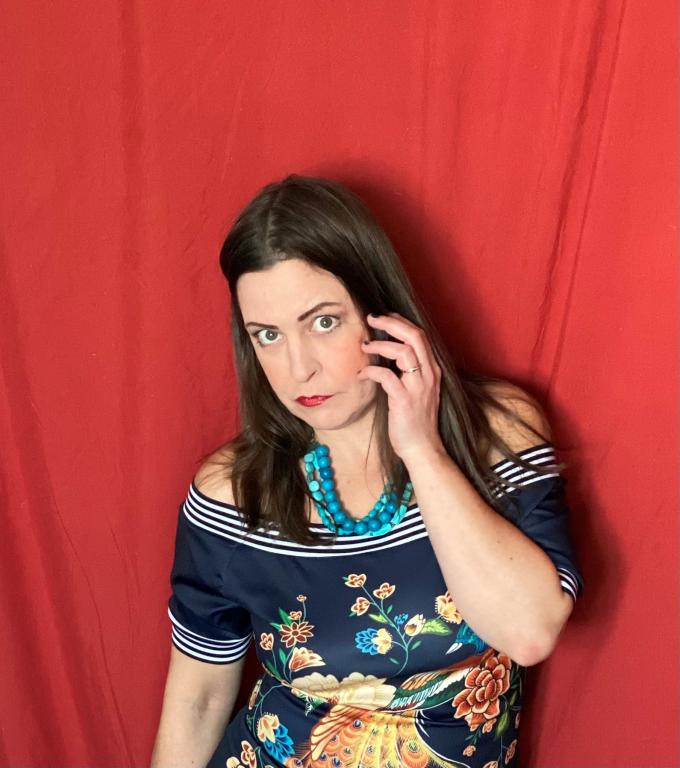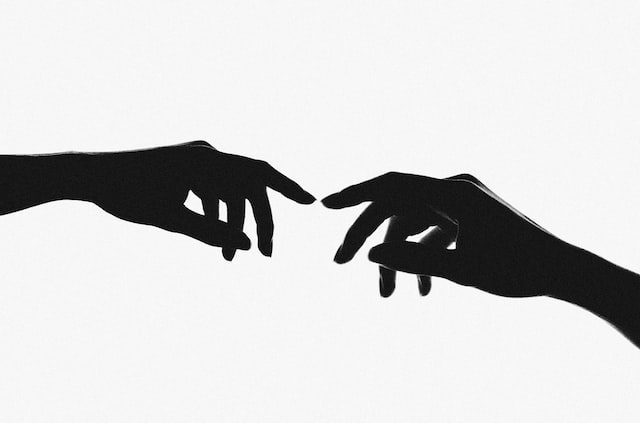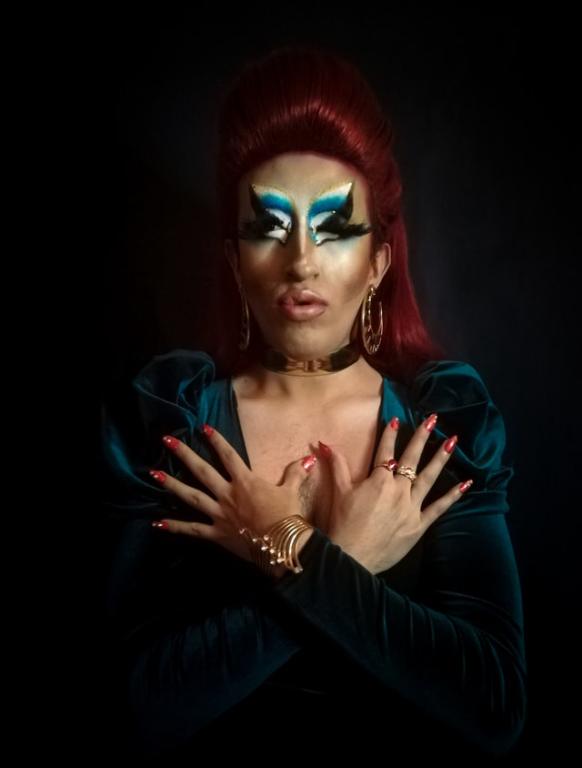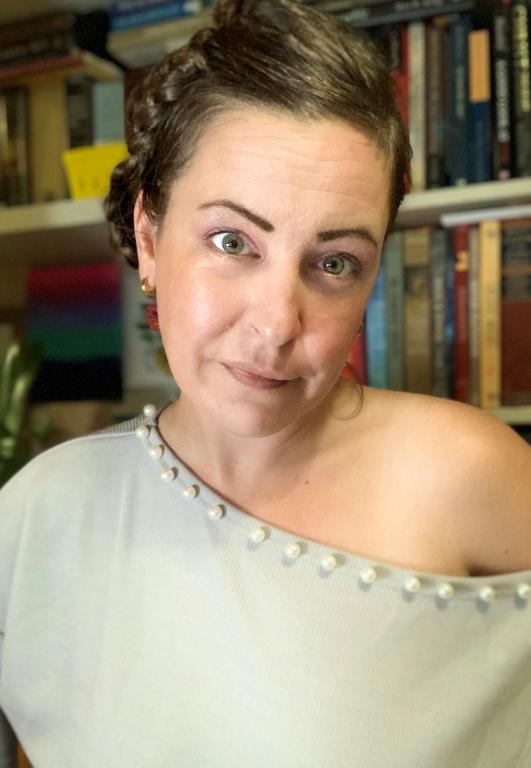
Recorded Conversations is a podcast dedicated to compassionately considering all perspectives while engaging in authentic, connected dialogue. For the next series installment, I am featuring my local community of Olivia, MN. The reason I decided to feature such a community is because of the controversy that has been circulating throughout the county regarding the placement and display of a particular sign. A sign that states an obvious opinion and statement of beliefs, but in an offensive manner. This has created an enormous amount of discussion that centers on one particular issue: freedom of speech.
F-U-C-K Biden Harris 2021
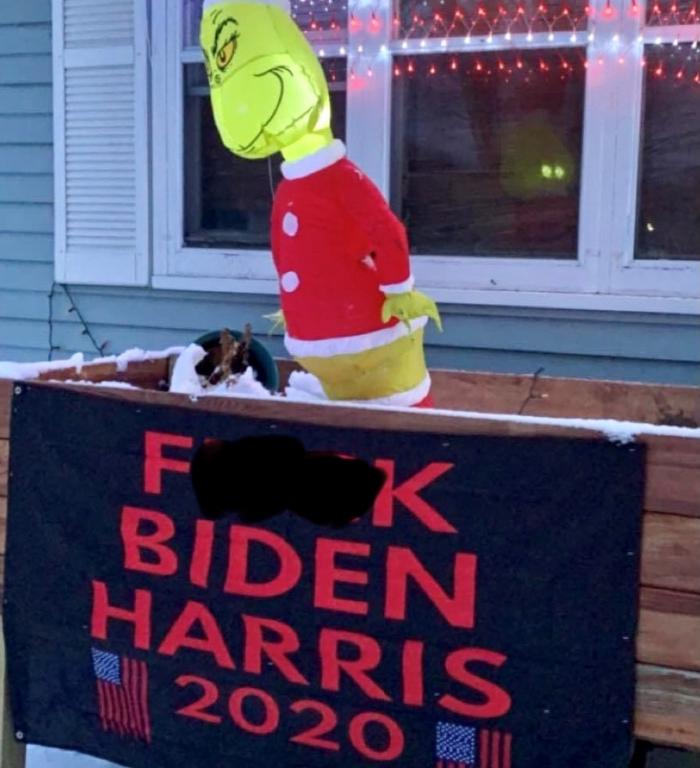
Now, many of you might see that there is nothing offensive with stating an opinion such as this. While others believe there are cleaner ways to display such a position. The use of vulgarity in a political or social statement has been widely used throughout history. In fact, NWA and Public Enemy did something similar in the late 80s with their mantras of “Fuck the Police” and “Fight the Power.” The word “fuck” carries with it a particular gravitas that highlights the severity of the usage. It sends a message that “we’re not going to take it” and “you can’t make me.”
In our small, little town, the use of this word is reserved for the bar and sporting events, it’s not the kind of word you just drop off when discussing plans for development at an EDA meeting or in the pews during Sunday service. It’s not the kind of word you want to see when you are driving your child to school as it would create new conversations that one may not have the time to unfold on route to the first hour of class.
The power we attribute to words speaks volumes about what our collective values are. But that’s where I originally got stopped up at. What are our collective values? Do we all believe that certain words are too offensive even for political statements? Is it fair to assume we all have shared values? And if we do not all agree that FUCK is an offensive word, does that mean our values don’t matter?
I have been exploring this controversy, reading up on Constitutional law (as the members of the City Council might have had to do in the last month), and dipping my toes into the works of Jaques Derrida, Ayn Rand, Adam Smith, and listening to other discussions nation-wide about individual rights issues. There are so many layers of what is at hand here that it is important to remain open-minded and to really listen. Is this about the power of words? Is this about the false dichotomies that make up our reality? Can we learn to look beyond black and white? Must we hate our neighbor if they display a sign that we deem offensive? How do we come together to form a harmony of so many different voices?
As it stands, I haven’t answered any of the questions that I first raised when I was introduced to this controversy. But I leave the listeners to reflect on some big questions to encourage personal discussions. This isn’t a matter that will be remedied immediately, but what it does is add to the fullness of life and how we interact with others. It encourages conversations, and y’all know how much I value a conversation!
Perhaps you’d like to reflect on these questions as well? And if you feel so inclined, maybe you can offer some feedback as to how a community can create a dialogue that everyone is included in on?
Here are the questions I will leave for you to consider:
What does a civilized society look like? Who decides what is and is not civilized?
If we do not exercise our rights, will we lose them?
If we have the right to do things, does that mean we ought to?
What are shared values and who determines what is valuable?
Can we agree to disagree without conditions, restrictions, and ultimatums?
There are currently 4 parts to this series, with more on the way. If you’d like to be a part of the discussion and be featured as a guest on the podcast, please contact me.
Listeners, as always, I ask you to compassionately consider the perspective of The City of Olivia. Enjoy the episode.
Listen here.

